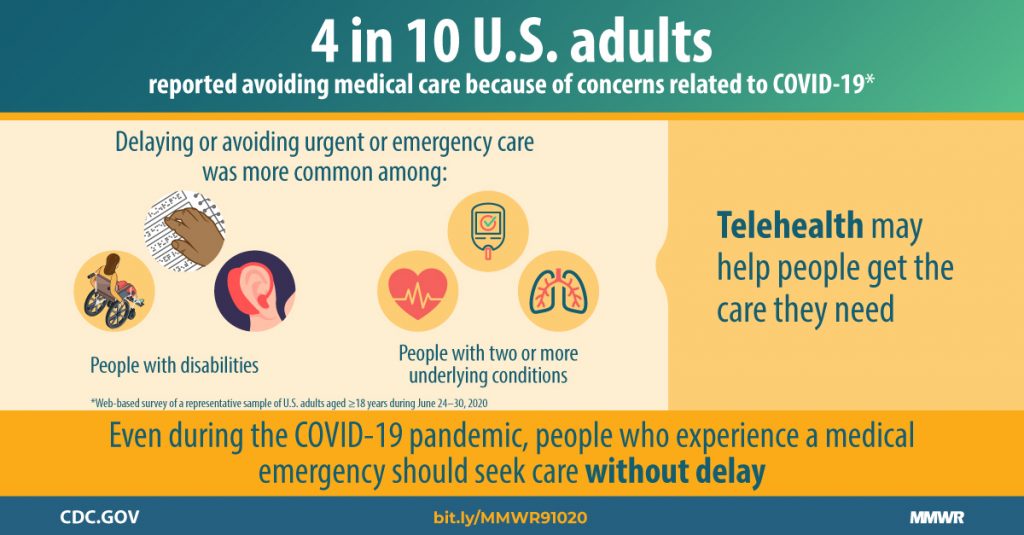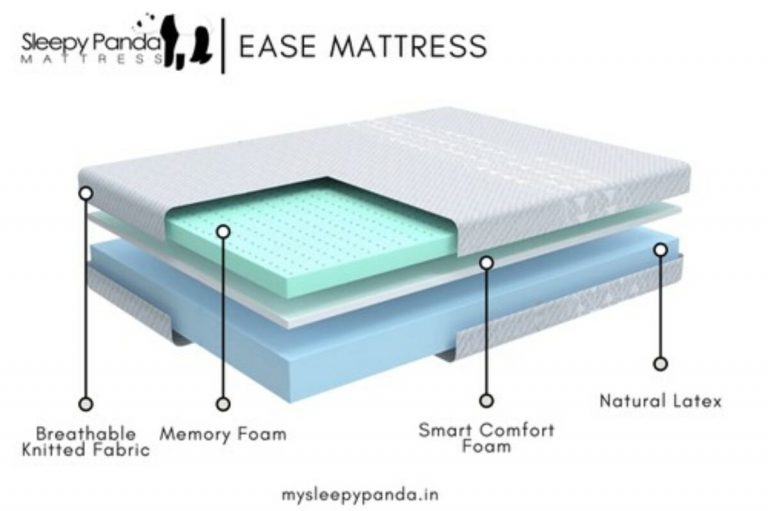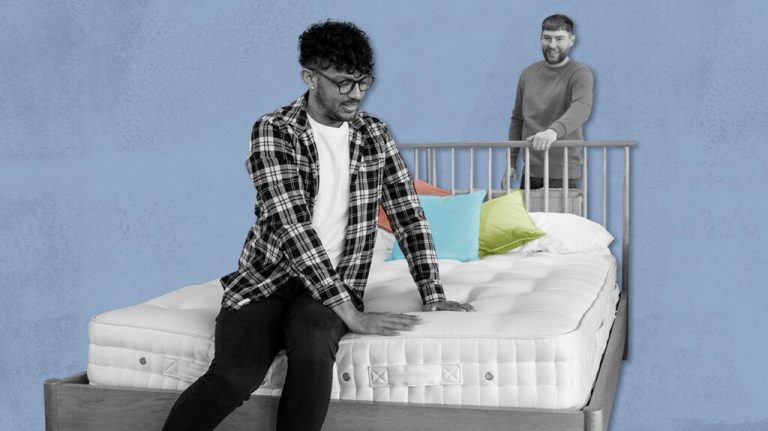
The world is on the brink of another large pandemic outbreak, and if you’re concerned with the health of your family or friends, you should consider COVID-19 and Sleep. The novel is the first comprehensive look at what to do if a pandemic arises and how to cope with it. Author Diana Kerr makes several important suggestions about our culture’s fascination with instant solutions and its blind faith in modern medical technology. In this review, we’ll take a closer look at the book and the implications it holds for those facing a new epidemic.

The book begins by describing the ways people handle stress and their relation to sleep disorders. People today are more stressed out than ever before, and are more likely to have panic attacks, high blood pressure, insomnia, depression, and other forms of anxiety disorders. They don’t always seek treatment, however, so their levels of stress and anxiety increase over time. With all these challenges, it’s no wonder that the number of people sleeping alone increases each year.
The author identifies two separate but connected reasons for the rise in isolated living. First, people are staying away from supportive relationships because of stress, and secondly, they’re not getting enough rest and not having their immune systems sufficiently boosted. It is “an inevitable part of life” that we must face, and COVID-19 and Sleep can help. By providing a short-term memory foam mattress to the bed and making sure that the body is properly rested, individuals will feel better mentally as they deal with their own particular pandemic.
By the end of the book, readers should be able to draw three general conclusions. They should first recognize that the importance of rest, sleep, and relaxation is paramount to dealing with a stress or pandemic. Second, they should become familiar with the role that light has on our bodies. Specifically, light affects our body’s circadian rhythms, which affects all of our other systems, and the ability to fight or flee. Finally, they should become aware of the importance of CO VID-19.
In previous articles, I have reviewed the role that our bodies play in coping with an acute or chronic bacterial, viral, fungal, or other pathogen attack. The recent paper reviews the role that CO VID-19 and the innate immune system play in response to such attacks. What makes this particular situation unique is that the researchers found that individuals who had a greater than normal amount of cytokines in their systems were more prone to an infection. This was supported by findings that the innate immune system was higher than in healthy individuals. The authors explain that the greater amount of cytokines causes an increase in recruitment of cells that make up the white blood cells (leukocytes) and decreases the number of cells that make up the innate immune system.
While the study did not directly focus on the connection between COVID-19 and sleep medicine, it did provide further evidence that healthy sleep habits and a healthy diet may be linked to reduced risks for infections. Previous studies have indicated that a lack of adequate sleep may be a contributory factor in many health related issues. These studies have also shown that individuals who had a high level of cytokines in their systems were at a greater risk for an infection. Those who maintain a healthy sleep habits and a healthy diet were found to be at a lesser risk for an infection.
This study provides additional support for those that are using a home monitoring system as a means of protecting themselves from a potentially dangerous sleep disorder. Studies have shown that individuals who suffer from a co-morbidity of depression and insomnia are at a greater risk for both of these conditions. Individuals that sleep inadequately or excessively may be at a higher risk for depression as well. In the current study, those with the highest levels of cytokines had the highest incidences of depression. Home monitoring systems that incorporate COVID-19 and home sleep medicine may help reduce the likelihood of depression and other sleep disorders.
In addition to having a positive effect on depressive disorders, COVID-19 and home confinement has been shown to have an effect on several types of chronic disease. Chronic obstructive pulmonary disease, known as COPD, has been found to be positively affected by intermittent use of a home confinement system. nea and irritable bowel syndrome have also been found to be favorably affected by periodic use of a home monitoring system. A definitive link between CO VID-19 and these diseases has not yet been established.






